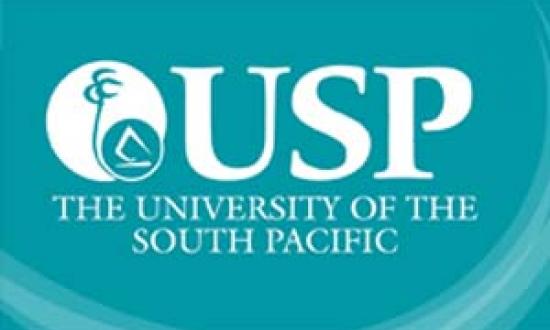
University of the South Pacific | Pacific Journalism Review (Pacific Media Centre)
USP Journalism seeks to be a regional leader in the field. A recent External Advisor’s Report noted that, despite being under-resourced and under-staffed, the discipline has been at the forefront in organising workshops, seminars and public debates about the state of the media in Fiji. The planned symposium would expand the geographic scope of its facilitation of public debate about the state of media to the entire South Pacific, which is more in keeping with USP’s mandate.
This symposium would help to rebuild the momentum created by USP Journalism when it hosted a symposium on Peace Journalism in December 2010. It would seek to capitalise on the results of that gathering by including Peace Journalism as a sub-theme. USP has granted a scholarship to its former head of journalism, Shailendra Singh, to study Peace Journalism at the University of Queensland. A special issue of the Journal of Pacific Studies has just been published on ‘Peace Building in the Pacific Region’. The proposed symposium would extend its theoretical scope well beyond Peace Journalism, however, to include other alternative models of media, such as Development Journalism and Asian Values Journalism. It is hoped that incoming staff of USP’s new Confucius Institute will be able to contribute on the latter topic. Asian Values Journalism is informed by Confucian values of harmony, consensus, community and respect for authority in contrast to Western journalism, which focuses on conflict and is informed by Aristotelian values of individual rights and freedoms.
Media and democracy, noted media theorist James Carey, are always intertwined. Legal scholar Edwin Baker went farther, declaring that democracy is impossible without a free press.Beyond this consensus, Baker pointed out, stand more controversial matters.
What type of free press does democracy need and why does democracy need it? Answers to these questions allow the next question. Are existing media in this country adequate? Do they provide for the informational or communication needs of democracy? And if not, in what way do they fail, and what can be done?
Media freedom in the South Pacific, noted a recent report by the Pacific Media Centre at Auckland University of Technology, has been under siege for more than a decade:
"Various Pacific countries, notably Fiji, Papua New Guinea, Tonga and Vanuatu have faced various periods of media repression."
The report identified the following factors impinging upon media freedom in Pacific countries:
- cultural issues involving the reconciliation of media ideals and values with the entrenched traditional tribal or communal authority;
- small communities with many conflicts of interest;
- problems of educating populations about dealing with the media;
- a lack of access to media experienced by many communities.
This event would be a tremendous learning experience for students. A special student rate for registration is planned, as well as student paper sessions. Third-year USP Journalism students taking JN302 that semester will be particularly encouraged to submit papers. Finally, a need has been identified among journalism educators to establish a regional network of journalism programmes that could be based at USP. Previous attempts to establish such a network have been initially fruitful, but they have always fallen apart as soon as their funding ran out.
In view of all this, there is a need for journalism organisations and scholars to meet and discuss these issues. As the leading education and research institution in the region, it behoves USP to initiate a forum to encourage the sharing of views. Hence USP Journalism proposes to host this symposium from 6-7 September 201
Theme: Media and Democracy in the South Pacific
Sub-themes:
-
Models for Journalism
- Peace Journalism
- Development Journalism
- Asian Values Journalism
- Media and Government
-
Media and Censorship
Conference papers and proposals to: marc.edge@usp.ac.fj Deadline: June 1
Selected papers will be published in a special themed edition of Pacific Journalism Review.
PJR Call for Papers


